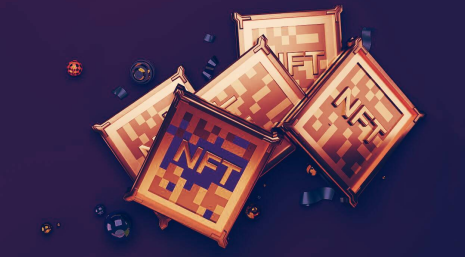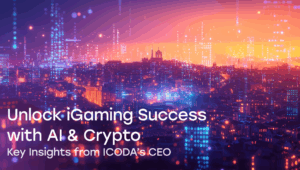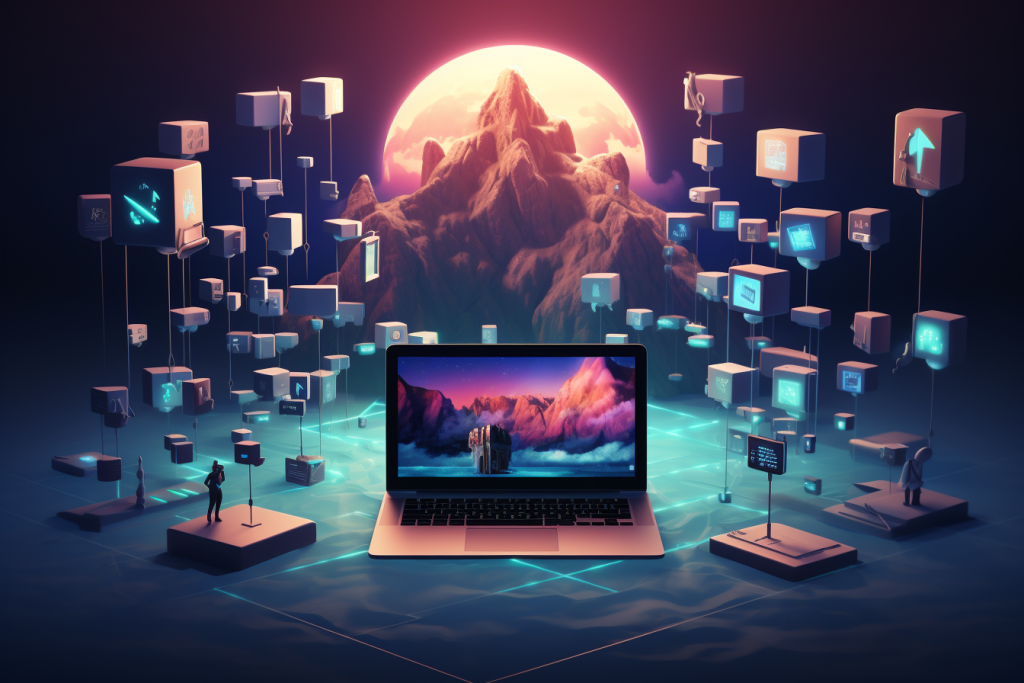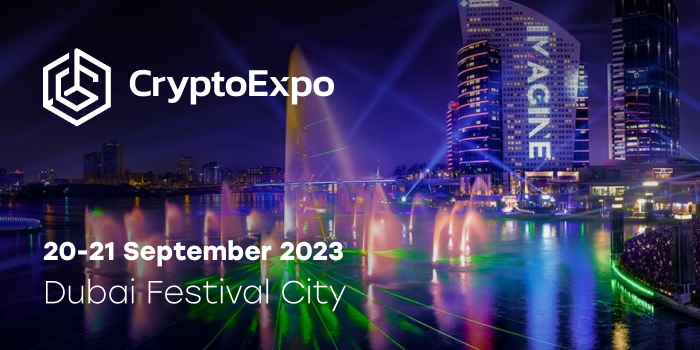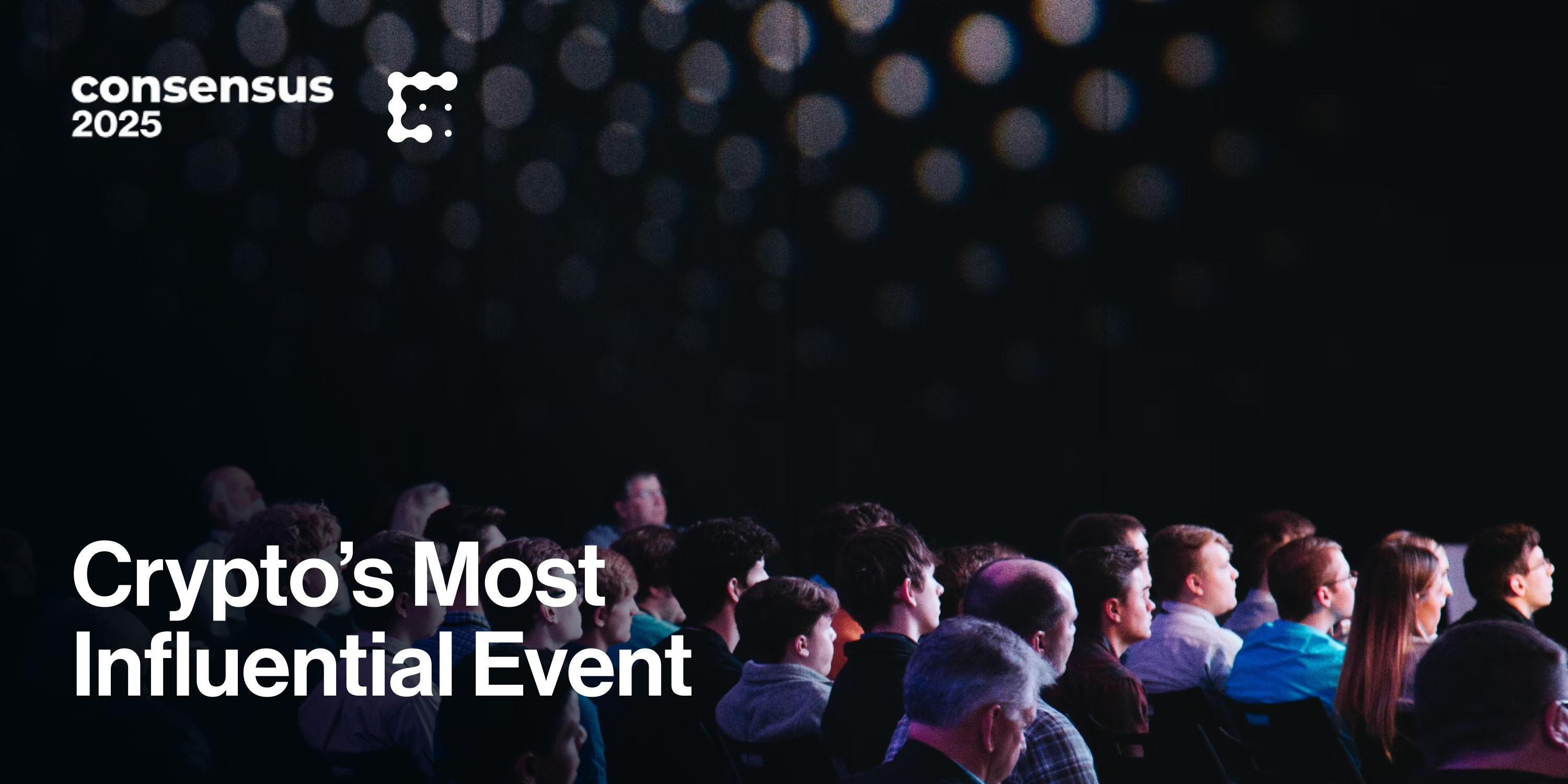share
Digital art projects are of immense value today. This raises a number of questions, such as why digital artists need NFTs and what can be done with such tokens other than buying or selling them. They represent the future of the blockchain.

It should be noted that for the first time, they started talking about NFT at the beginning of 2021. The beginning of 2021 was marked by an increased interest in this technology, which has managed to cover various spheres of life. Interest in NFT peaked in March. At the moment, news about art deals with the help of NFT can be found almost every day. But the most interesting thing is that this technology is gaining popularity among people who did not previously know about the crypt.
One notable example of NFT mania peaking is Beeple, who sold his artwork for nearly $ 70 million. And there are a lot of such examples.
What caused such an interest in NFT technology? Except for the hype that is generated by the influencers supporting this technology. And is there a chance for the average crypto enthusiast to interact with the NFT in a user-friendly way?
So what is the reason for the rapid development of NFT marketplaces?
Fundamentals of NFT
The point is in the technology itself and its uniqueness. It cannot be replaced, counterfeited, or divided. The author of the token can prove his ownership or the fact of the transfer of the specified ownership. That is, the owner of any unique copy of digital artworks can tokenize it by releasing an NFT, assigning a price to it, and putting it up for auction through a special platform. We will talk about such sites a little later.
Buyers of such tokens receive the rights to own and dispose of goods, and information about this is recorded in blockchain technology.

It should be noted that the cost of operations with tokens is clearly lower, and the speed is faster than operations with real objects. This is despite the fact that platforms for creating and selling NFTs have just begun to evolve. However, NFTs are not fully regulated by law, and verifying ownership in terms of intellectual property rights can be challenging. Yes, unfortunately, not everyone agrees that blockchain is a legitimate method of keeping records.
What are the rights of a buyer who spends money on an author token? If there is no legal agreement between the creator and the purchaser of the NFT, the exclusive rights do not simply pass to the purchaser upon the purchase of the token. NFT marketplaces may establish other rules, but today the standard terms of large platforms do not contain such rules.
It is likely that NFT marketplaces will offer different rules, but today there are standard conditions on every site that sells digital art. NFT platforms will give digital art creators the right to independently choose their licensing terms.
However, it should be understood that no financial instrument can exist for a long time without government regulation. In this case, NFT will most likely follow the path of traditional cryptocurrencies. Some believe lawmakers will eventually intervene.
NFT Is Already Trending
Today, digital asset ownership has become a new tech trend. Despite the leaping demand, ordinary users, collectors, investors, and experts are showing an increased interest in NFTs (non-fungible tokens).
Unique tokens are indivisible but can be resold. That is, the owner of a digital object can transfer the rights to his property to the buyer. In this regard, a new digital market is rapidly emerging, in which any user can become a participant.
It is worth exploring popular NFT platforms – marketplaces where non-fungible tokens are created, stored, bought, and sold.

NFT platforms are divided into 2 categories:
Self-service. Minting tokens and independent selection of the percentage of royalties from each sale are available to any user. Cons: NFT platforms can attract scammers, which discourages large collectors.
Curated. Token creation is only available to approved users, which allows the platforms to provide exclusive, high-quality digital objects. Disadvantage: when selling them, a higher commission is charged, the choice of the percentage of royalties remains with the site.
According to their focus, marketplaces can be divided into specialized ones – they are focused only on in-game assets, art, or the sale of tweets. Other sites are complex marketplaces with different types of tokens.
Features of NFT Marketplaces
The platform interface is very similar. The user registers and installs a digital wallet to store the token. When these conditions are met, you can create your own assets, buy or sell tokens.
Each NFT art marketplace offers sellers to choose between a fixed price bid or an auction. The site may allow you to set the size of the commission for subsequent token sales.
When a digital asset is put up for sale, a transaction is created to launch a trading smart contract for the merchant’s wallet. If pre-moderation is in effect, tokens become available to all visitors after approval by the moderators.
Top NFT Marketplaces
OpenSea Is the First and Largest NFT Marketplace

The decentralized OpenSea platform was founded in 2017. It presents all kinds of objects: painting, music, domain names, virtual worlds, collectibles, utilities. The site also acts as an aggregator, placing digital objects from other markets. Supports Ethereum blockchain technology as well as Polygon and Klaytn.
The site has a lot of useful information, including a blog, help, seller and token ratings.
What cryptocurrencies are accepted for payment?
Ethereum (ETH) / WETH, USDC and DAI.
Supported wallets: MetaMask, Coinbase Wallet, TrustWallet, Portis, Arkane Network, Authereum and 8 options.
Service cost: transaction commission 2.5% from the seller, gas commission when minting a token.
Royalty: up to 10%.
Rarible Is a Community-Owned NFT Marketplace
The Rarible NFT marketplace was founded in the first half of 2020 by Russian entrepreneurs and is based in Moscow. The showcase features digital collectibles.

According to the founders, they plan to transform the platform into a decentralized autonomous organization. As a result, platform users will be in control and decision-making. For this, RARI was developed – the first management token in the NFT space. RARI owners vote for platform upgrades, participate in asset curation and moderation of object authors.
What cryptocurrencies are accepted for payment?
ETH, DAI, ATRI, RARI.
Supported wallets: MetaMask, Gnosis Safe, Authereum, Trezor, Ledger, AlphaWallet, Argent, Rainbow, MyCrypto, Exodus and others.
Service cost: transaction commission 2.5% from the seller and the buyer, gas commission when minting a token.
Royalty: any – from 0 to 100%.

Superrare – Online Marketplace for Unique Digital Art

All SuperRare digital art is unique and created in a single copy, which attracts collectors. Any user can register on the site, but before uploading the asset, you will have to go through an interview with the site moderators.
The platform transfers part of the management rights to community members. They can purchase the $ RARE token, which gives them curation rights and voting rights for updates. The market has a high commission percentage for the seller.
What cryptocurrencies are accepted for payment?
ETH.
Supported Wallets: Recommended by MetaMask.
Service cost: transaction fee of 3% from the buyer and 15% from the seller.
Royalty: 10%.
Nifty Gateway – NFT Marketplace With Support for Fiat Money

The Nifty Gateway NFT art marketplace seeks to attract leading artists and brands to create Nifties – unique tokens available only on their website. It is a centralized platform that is owned by the major cryptocurrency exchange Gemini.
The purchase of tokens can be carried out using fiat (regular) money. Funds are withdrawn to wallets as well as credit/debit cards.
There are different NFT categories available on the site. Approximately every 3 weeks, a new collection of assets opens on the NFT marketplace for a limited period of time.
What cryptocurrencies are accepted for payment?
ETH.
Service cost: 5% transaction fee and 30 cents for secondary sales.
Royalty: 5-50%.
Mintable – A Platform That Allows You to Mint Without Gas

The decentralized platform Mintable allows you to mint tokens with gas and without being tied to gas. That is, the author of the token may not pay the commission to the Ethereum miner.
Gas is a unit of measure of computational work for conducting transactions or smart contracts on the Ethereum network.
Authors of digital assets can create their own stores as showcases for their tokens. Almost everything is on display here, including paintings, collectibles, videos, play gear, bats, domain names.
What cryptocurrencies are accepted for payment?
ETH.
Supported wallets: MetaMask, Trust Wallet, Rainbow.
Service cost: transaction commission for regular goods 2.5%, for gas-free – 5%.
Royalty: up to 10%.
Enjin – Green NFT Marketplace
The Enjin NFT marketplace specializes in gaming tokens. It plans to switch to carbon-neutral NFTs by 2030.
Early blockchain cryptocurrency projects require large amounts of computing power to generate coins and prove-of-work authentication, which requires miners to solve complex computational problems. Enjin aims to replace the “proof of stake” approach, in which the blockchain is verified by fewer trusted computing partners to verify the data. In this case, much less energy is used.

The site is managed decentralized using an internal EFI token. Its owners are empowered to make proposals and vote on changes. The token is used for all payments for transactions on the Efinity network.
Foundation – Author Access by Invitation Only

Another Foundation platform with exclusive artwork. Only invited users or members of the Discord community can become token authors.
Tokens are sold through auctions – the highest bidder will receive digital property. That is, the site is focused on collectors.
What cryptocurrencies are accepted for payment?
ETH.
Supported wallets: MetaMask.
Service cost: transaction commission from the seller 15% and gas charges.
Royalty: 10%.
Async Art – NFT Marketplace With Tools for Creating Art

Async art market launched in February 2020. It specializes in selling art and music from popular digital creators. To become an author, you must submit an application on the site and wait for the approval of the moderators.
The developers offer a built-in Async Canvas tool. It can be used to sell NFTs – individual layers of a painting. The author sets up a set of functions for the layer, using which the collector can make changes. They will be displayed automatically regardless of who owns the art.
What cryptocurrencies are accepted for payment?
ETH.
Supported wallets: MetaMask, Fortmatic, WalletConnect.
Service cost: transaction commission 20-30% from the seller; from works created using Async Canvas – 10%.
Royalty: 10%.
Makers Place – NFT Marketplace With Comments
The Makers place NFT marketplace offers original art, videos, and music collections. Users who receive an invite and members of the Discord community can become digital asset creators.
A distinctive feature is the ability to post comments to the NFT. They are available to all users who open the site.
Makers place supports credit card purchases using PayPal.
What cryptocurrencies are accepted for payment?
ETH and card payment in dollars.
Supported wallets: MetaMask, Coinbase.
Service cost: transaction fee 15% from the seller; purchases by credit card will be charged an additional 2.9%.
Royalty: 10%.

Solanart – NFT Marketplace on the Solana Blockchain

The Solanart marketplace is powered by the Solana blockchain technology, which competes with Ethereum. Those wishing to create and sell tokens should apply by filling out a special form on the site or contacting the site in the Discord community.
The art market features original digital works such as SolPunks (a parody of Solana on Ethereum) and unique collectibles not found elsewhere.
What cryptocurrencies are accepted for payment?
SOL.
Supported wallets: Solana.
Service cost: transaction fee of 3% from the seller.
Conclusion
In reality, there are many NFT marketplaces for buying and selling NFTs. But the listed options are enough to find a site with an interesting type of tokens or NFT marketplace for selling your own works.
Newbies in the creation of NFT can safely stop at the OpenSea and Mintable NFT marketplaces. Both marketplaces allow anyone to register and place their tokens for free.
The professional digital artist can be accommodated at makers’ places and Async art. The latter allows you to sell digital art even in layers and not as a whole. At the same time, both sites offer good royalties (a percentage to the creator on subsequent sales).
Closed platforms, available to authors by invitation only, are more credible to avid art collectors. They are the ones who are willing to pay large fees for unique digital assets.
